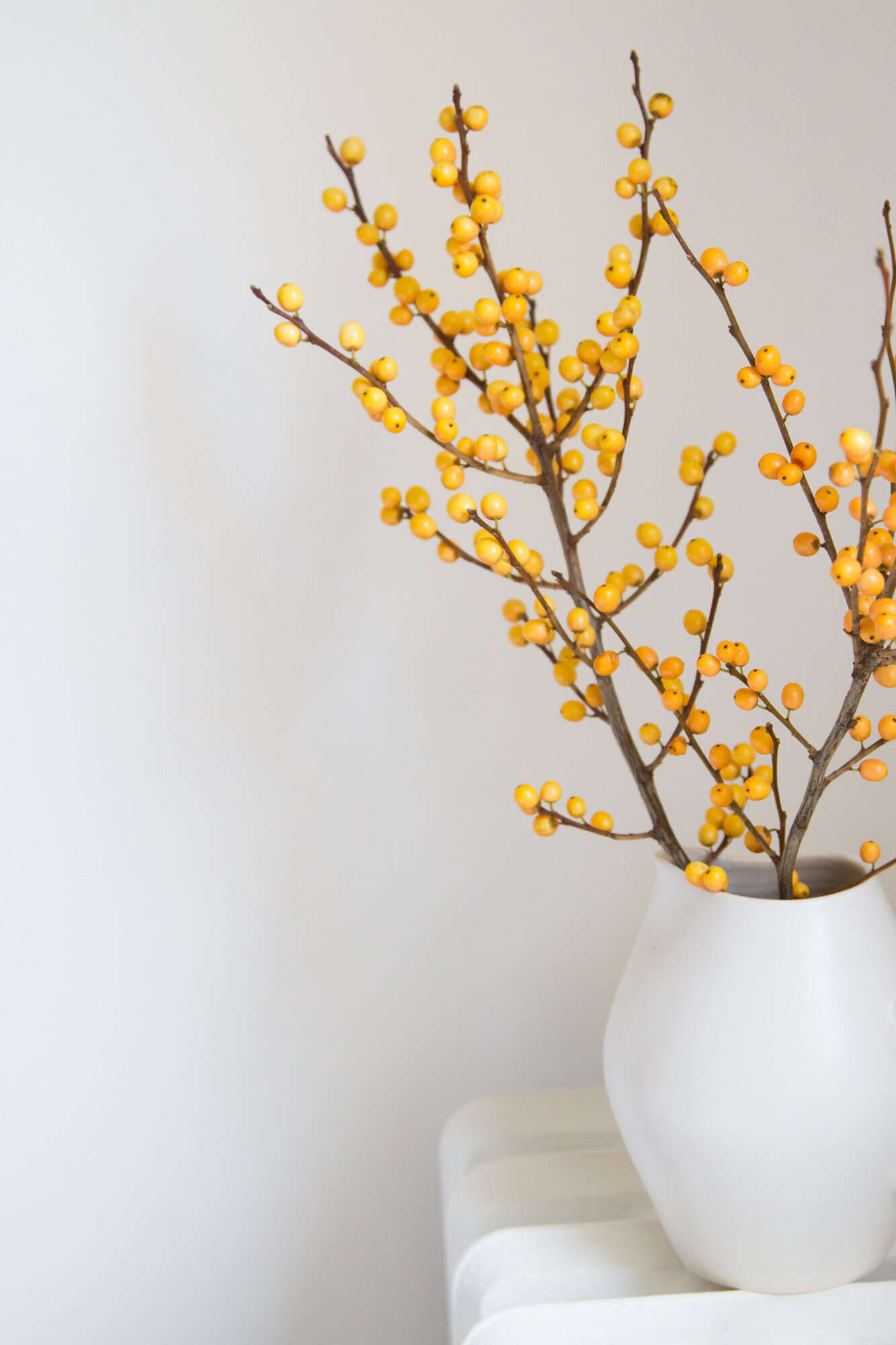
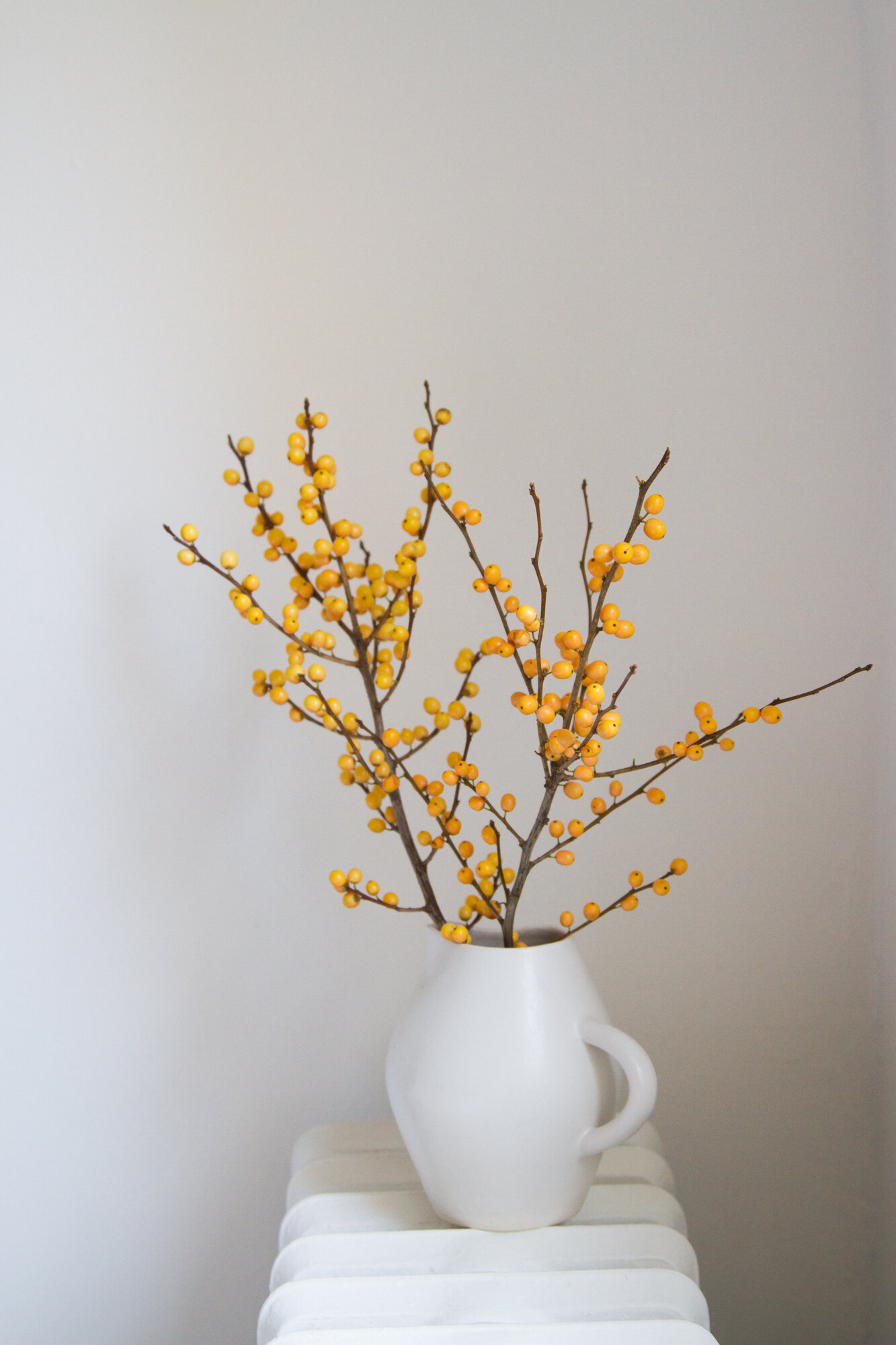
Wishing you and yours a very happy Thanksgiving. I’m thankful as ever that you’re here and reading and learning alongside me.
May your plates be full, your conversation lively, your personal boundaries firm, and your slumbering deep and restful.
A few things:
How to Talk to Your Family About Racism at Thanksgiving
Ten Ways to Make Your Thanksgiving About Social and Environmental Justice
Teaching Thanksgiving in a Socially Responsible Way
For the curious:
My very favorite pitcher is from Notary Ceramics and Ilex.

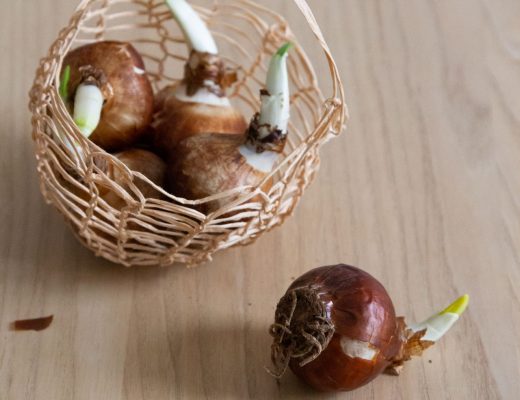
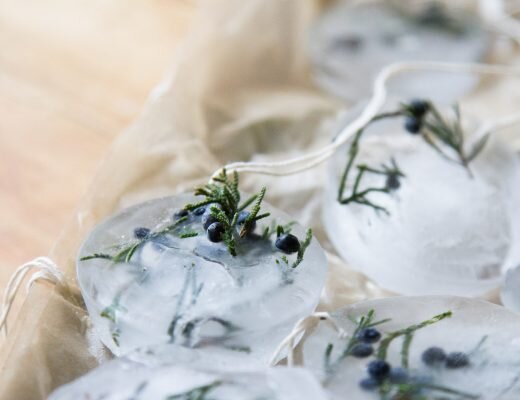
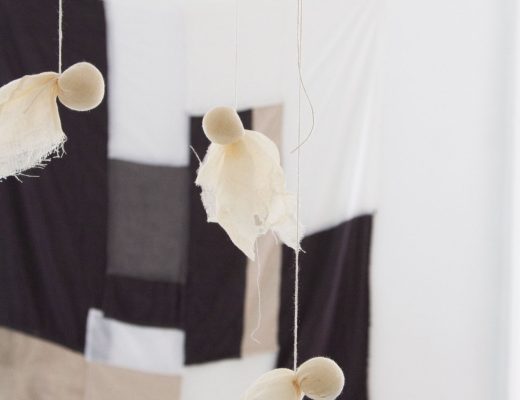
7 Comments
Love the links! Thank you for sharing. Have a wonderful holiday, Erin!
I’m thankful for the content you provide here. Have a Haapy Thanksgiving!
Thank you for sharing! I just moved across the country and, while it’s too little too late, seeing the map of native lands has inspired me to learn about the tribes and nations in my area and make finding ways to take action/support them part of my traditions this time of year (my husband and I don’t celebrate Thanksgiving because, as much as people tell us it’s miserly to not celebrate gratitude, we’re just not super into genocide).
I’ve been rethinking Thanksgiving and these links are great! I’m so glad there are more voices being heard and that the real stories are coming to light. It’s long overdue! We’ll be celebrating something entirely different in years to come. Change begins at home!
This was the first year I thought “why are we celebrating?” I’ve tried to focus on gratitude and teach my children the truth about the Native American genocide and the truth specifically about the events we celebrate as Thanksgiving dinner, but for the first time it feels wrong to have a holiday at all. So much recompense, retribution and reconciliation to be done. Perhaps we start by stopping the celebration. Living on stolen Shoshone, Crow, and Cheyenne land, all people who survived the genocide as tribes, but are statistically the poorest people (along with other native tribes) in my state, are underrepresented everywhere and who’s lands are greatly reduced. Celebrating the events that led to their suffering hurts my heart.
What to do instead? We ate homemade Korean food (vegetarian and we just don’t like anyThanksgiving food), we went to a state park celebrating the history of natives in our area, a buffalo jump. It was vast, empty, beautiful and unbelievably sad. I think living in cities it must be hard to imagine the beauty and enormity of this continent before contact. But it’s not hard out here. The bison are gone, the people are gone (no reservations here, the land is too good and valuable to whites)…. You can feel the emptiness. Perhaps that’s what we should be feeling on Thanksgiving?
Thank you for reading, I find myself in tears this morning thinking about what my ancestors (and my people) have wrought, and continue to perpetuate.
Decolonizing Thanksgiving was such a helpful link for resources to educate myself and my children about Thanksgiving. I have always spent time teaching my children about the history of Thanksgiving, but these helped me to go further and get to places of real learning for me. As a family, we were able to have deep discussions about the impact of the English colonists at Plimouth, and in response, we could consider our own actions today with people who are oppressed or marginalized in our own community. I appreciate your work to make this blog a place that I can grow and learn, and so I can share my knowledge with my children. Your work has been so motivating to me to take action in real ways against racism.
Such pretty photos!
Comments are moderated.